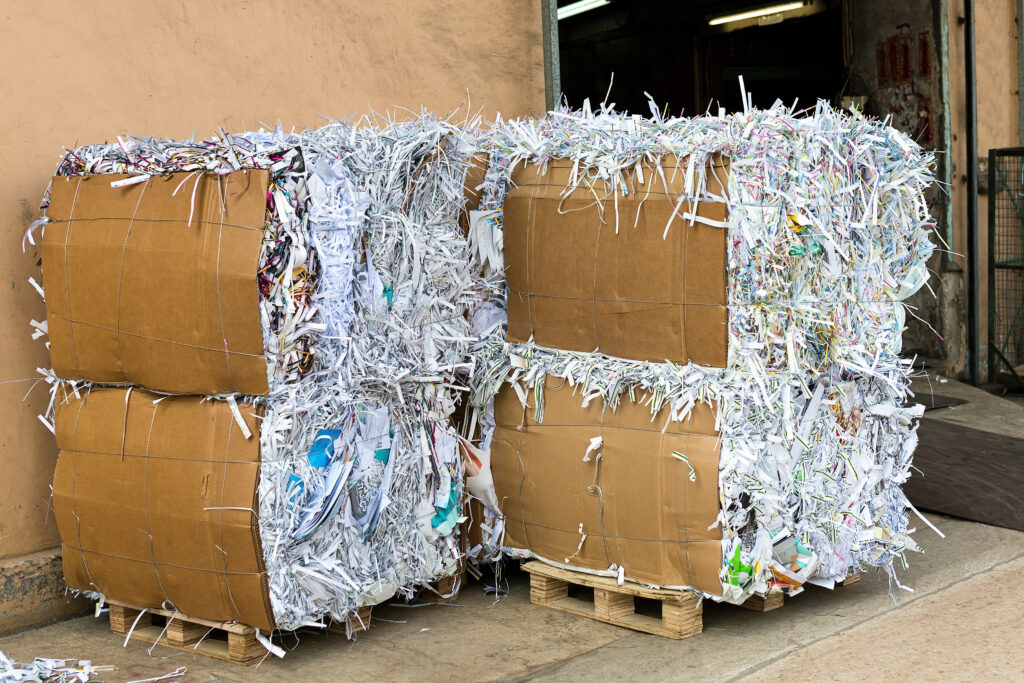The Direct Marketing Association (DMA) has said that businesses using junk mail to promote their products or services need to increase their use of “suppression files”. Suppression files are lists of householders who have opted out of receiving junk mail by registering with schemes such as the Mailing Preference Service.
”The need for the direct marketing industry to prove its commitment to the environment has never been greater. “
– David Coupe, DMA
The DMA's David Coupe said: “It is vital that both clients and suppliers recognise the benefits and importance of using suppression files. The alternative may be fines and levies imposed on the industry.”
Mr Coupe is chairing a DMA “suppression working party” to develop campaign materials and guidance notes for businesses on how to reduce junk mail.
Nearly 550,000 tonnes of paper are used in direct mail and promotions every year in the form of direct mail, door-to-door advertising material and newspaper inserts.
The DMA believes around 25 billion worth of sales are related to junk mail, but last year signed an agreement with the government to promote the Mailing Preference Service and recycle 30% of all waste direct mail by the end of 2005, 55% by 2009 and 70% by 2013.
Pressure
Mr Coupe said: “As the pressure from government and consumers continues to increase, the need for the direct marketing industry to prove its commitment to the environment and responsible best practice has never been greater.”
The DMA's awareness campaign, run by Australian company Planet Ark, is now targeting industry, warning companies of the “brand damage” caused by poorly targeted direct mail. It will also highlight long-term cost savings from using suppression files, and the Corporate Social Responsibility brownie points from doing so.
Planet Ark founder John Dee explained: “By promoting a greater use of suppression across the industry, we are tackling the issue of waste reduction at a grassroots level.”








Subscribe for free